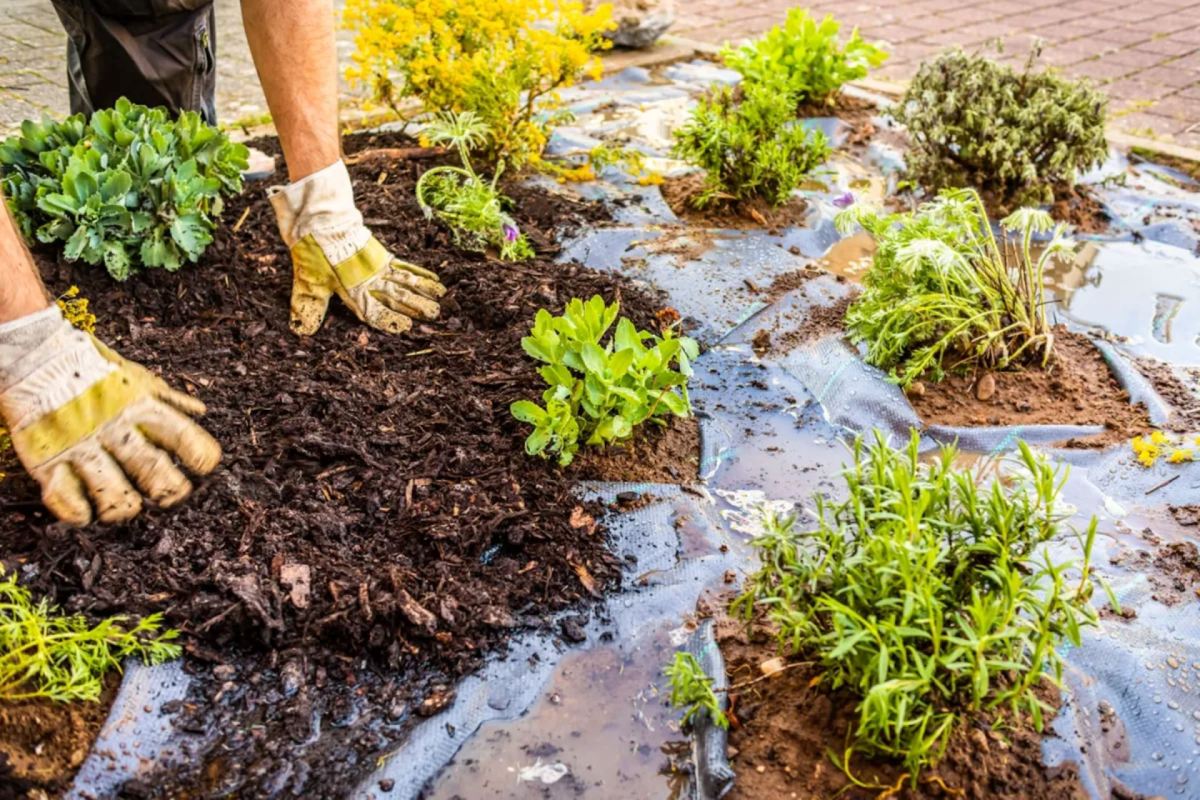We've all been there before — you buy a product, get it home, and it does not live up to its billing. Whether it's poor quality, doesn't do what it's supposed to, or breaks down quickly, it's just not what you were hoping it would be.
That's the case for one gardener who was underwhelmed by a product that has disappointed many customers: landscaping fabric.
"This year I was tired of weeding our small 20'x20' vegetable garden," they wrote in a post on the Reddit forum r/gardening. "Before we planted I bought landscape fabric … the more expensive version of it."
The OP explained that when they got home, they read on the package that they needed to cover it in mulch so it wouldn't get damaged by UV rays. However, they went against that recommendation and went mulch-free.
"Well, I've had much much less weeding to do (yay!)," they celebrated. "But it has started to get thin and rip in many places now. I was hoping this would last a few years, not just 3 months."
This is a common problem with landscape fabric. It's only a temporary solution, and many people find that weeds grow through it anyway, making it more difficult to remove when it deteriorates.
There are numerous reasons why landscaping fabric is a terrible idea, other than it doesn't always work. It's a petroleum-based material, so you don't want it breaking down in the soil, especially where you're growing food. It's also expensive, can compact the soil, and makes it nearly impossible for your plants to re-seed themselves.
Those reasons are why experts have warned against using this wasteful fabric.
The OP asked if there was a better landscaping fabric, and their fellow Redditors suggested other options.
"Cardboard," wrote one person. "If you cover a couple overlapping layers of cardboard with three inches of wood chips (aka sheet mulch) it will weather very well."
"It's all temporary. I have ripped out old weedmat from numerous places...and they have all been infested with weeds as well," wrote another who seemed to have significant landscaping experience. "Use mulch, which improves the soil when it finally rots, or a groundcover. That will suppress them a lot as well."
Indeed, mulch is the way to go, but as this person commented, a ground cover could also work. Clover is a great ground cover that will outcompete many weeds.
Gardening is a great way to improve your physical and mental health, and growing your own food can save money and reduce the pollution created by the transportation and packaging of produce.
So it's a hard pass on landscaping fabric — don't let an expensive, ineffective plastic fabric ruin your gardening fun.
Join our free newsletter for easy tips to save more, waste less, and help yourself while helping the planet.









